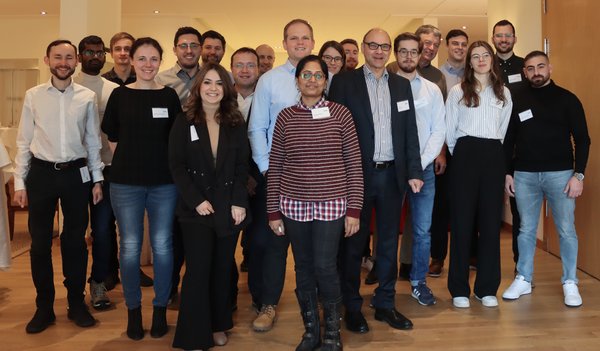This project was carried out in cooperation between the Software Engineering Laboratory for Safe and Secure Systems der Hochschule Regensburg (OTH), e:fs TechHub GmbH and imbus AG with the aim of developing improved methods for securing highly automated, AI-based systems.
The solution developed as part of the project combines methods of causal modeling and inference with scenario-based testing and enables the practical application of this approach in an innovative tool chain:
- Users from the automotive industry can create and use causal models to determine tool-supported corner cases that reduce the testing effort in the validation of autonomous driving functions and support the safety argumentation.
- Users from the insurance industry can use causal models for risk assessment and for improved "what-if scenarios".
- Users in the logistics industry can analyze location-based data (from vehicles, transported goods, etc.) with regard to causal dependencies in order to optimize logistics processes.
- Users in marketing and sales can better evaluate the effectiveness of marketing campaigns or sales measures and answer questions such as "How many sales are organic and what proportion did our campaign need?" in a comprehensible way.
- Users, e.g. in engineering, can document highly specialized knowledge using knowledge graphs and thus accelerate training and learning processes for new employees, for example.
The presentation offered an exciting insight into the HolmeS³ methodology and the innovative tool chain as well as an interesting practical example from the automotive industry. We were very pleased about the valuable feedback and the interesting exchange about possible fields of application in companies with the attending representatives from the automotive industry.
We would like to thank all participants for their attendance and those involved in the project for their commitment!
![[Translate to Englisch:] [Translate to Englisch:]](/fileadmin/_processed_/d/7/csm_News_Tablet_Mann_Finger_Blau_grau_weiss_Header_AdobeStock_362241359_FINAL_Header_Web_b7e6314398.jpg)
